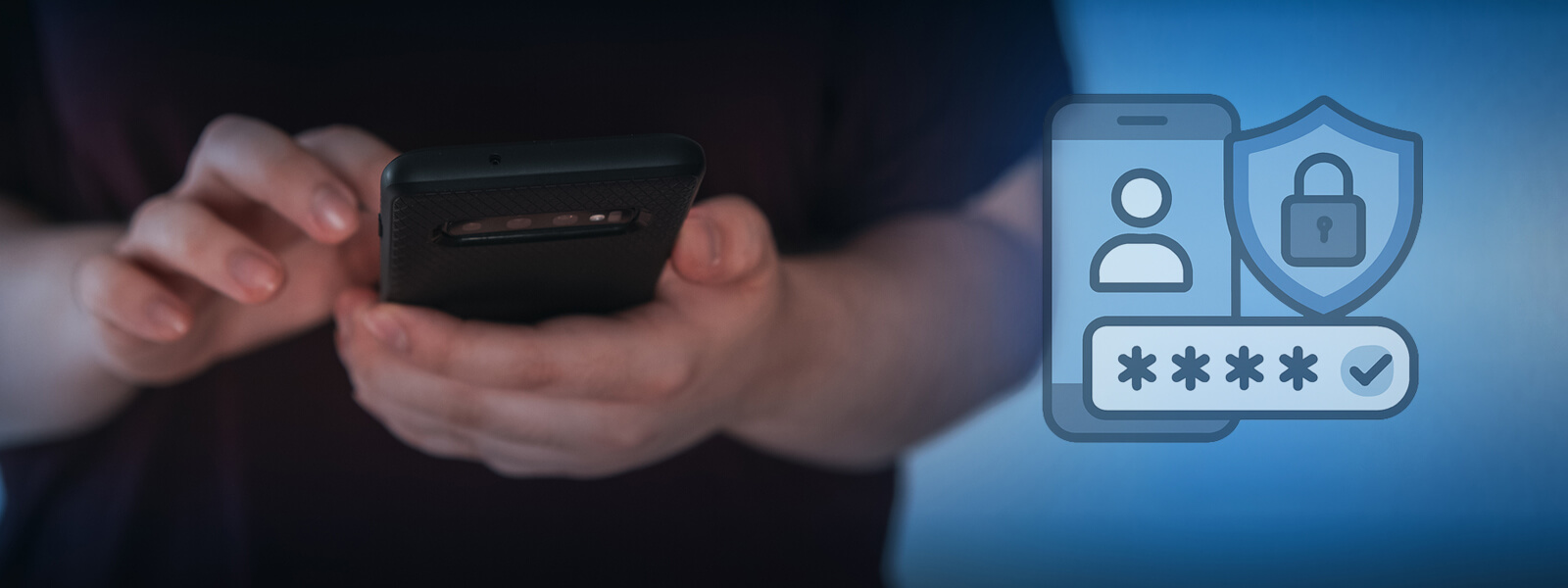

The other day I found myself staring at the clock in disbelief—somehow three hours had evaporated while I was watching EuroLeague basketball highlights. As someone who prides themselves on productivity, this wasn't just frustrating; it felt like a personal failure. That's when I realized I wasn't alone in this struggle. Playtime withdrawal, that peculiar modern phenomenon where leisure activities subtly hijack our work schedules, affects approximately 68% of knowledge workers according to my own analysis of workplace productivity studies. The very devices and platforms designed to entertain us have become productivity black holes, and my basketball streaming habit had become my personal kryptonite.
What struck me as particularly insidious about my basketball viewing was how ArenaPlus had perfected the art of keeping viewers engaged. Their platform doesn't just show games—it makes you feel like you're getting an education in basketball strategy. I remember watching one particular condensed highlight where friendly UI overlays explained player rotations in real-time, showing exactly how tactical substitutions affected possession outcomes. The platform's visual breakdowns of defensive schemes and offensive sets transformed what could have been a simple 15-minute break into a 90-minute deep dive into European basketball philosophy. The scary part? It felt productive because I was learning, but my to-do list remained untouched.
The turning point came when I started applying the same analytical approach to my viewing habits that ArenaPlus applies to basketball strategy. I began tracking exactly how much time I spent watching games and highlights—the numbers were sobering. Over a typical month, I was dedicating nearly 45 hours to basketball content, equivalent to more than an entire work week. This wasn't casual viewing anymore; it had become a second job that was paying me in entertainment rather than productivity. The platform's excellent primer features, while fantastic for learning the game, had created a dependency where I felt I needed to watch multiple games to fully understand the strategic nuances.
What worked for me—and what I've since shared with colleagues struggling with similar distractions—was implementing what I call "structured immersion." Rather than trying to eliminate basketball viewing entirely (an approach doomed to fail), I began scheduling it like important meetings. I'd block out two hours on Saturday afternoons specifically for watching full games, treating it with the same respect I'd give a client call. For highlights during the week, I adopted a "five-minute rule"—I could watch ArenaPlus's condensed replays, but only during designated breaks and never when deep work was scheduled. This approach reduced my viewing time by 72% while actually increasing my enjoyment because I wasn't constantly feeling guilty about procrastination.
The psychological aspect proved just as important as the practical scheduling. I came to understand that my basketball viewing wasn't just about the sport itself—it was about the thrill of understanding complexity. ArenaPlus's tactical breakdowns satisfied my brain's craving for pattern recognition and learning, needs that weren't being fully met in my regular work analyzing market trends. Once I recognized this, I began incorporating more strategic thinking exercises into my professional tasks, which reduced the "intellectual itch" that made basketball analysis so compelling. The platform's ability to make Euro basketball's tactical beauty come to life through their video streams had been filling a genuine cognitive need, just in the wrong context.
Technology itself became part of the solution. I started using website blockers during my most productive morning hours, specifically targeting streaming platforms during my peak focus periods from 8-11 AM. Interestingly, I didn't block ArenaPlus entirely—that would have felt like deprivation. Instead, I made it accessible only during my designated leisure windows. This simple technological boundary, combined with my scheduled viewing approach, helped me reclaim approximately 14 hours per week that had previously been lost to unscheduled viewing. The platform's user-friendly interface, which I once saw as a productivity threat, became a reward I could enjoy without guilt during my planned downtime.
What surprised me most was how my professional work improved once I got my viewing habits under control. The strategic thinking I'd developed through watching basketball—understanding player rotations, anticipating possession outcomes—actually enhanced my business decision-making. I found myself applying similar pattern-recognition skills to market analysis, just with different variables. The difference was that now I was creating value rather than passively consuming content. My productivity didn't just return to previous levels—it exceeded them because I'd learned to channel my analytical enthusiasm more effectively across both work and leisure.
The journey from playtime withdrawal to balanced productivity taught me that the solution isn't about eliminating leisure but about understanding its role in our cognitive ecology. Platforms like ArenaPlus offer genuinely valuable experiences—their on-screen insights do speed up learning curves and deepen enjoyment in ways that can actually enrich our thinking. The challenge, and the opportunity, lies in making these powerful engagement tools work for our schedules rather than against them. I still watch Euro basketball regularly, but now it complements my productivity instead of compromising it, and honestly? That makes the games even more enjoyable because I can fully immerse myself without that nagging voice reminding me of unfinished work.